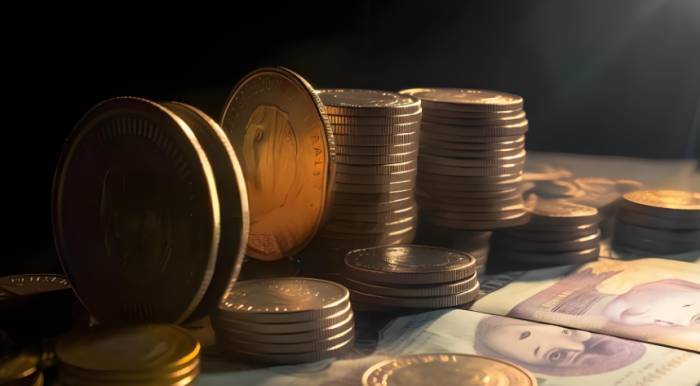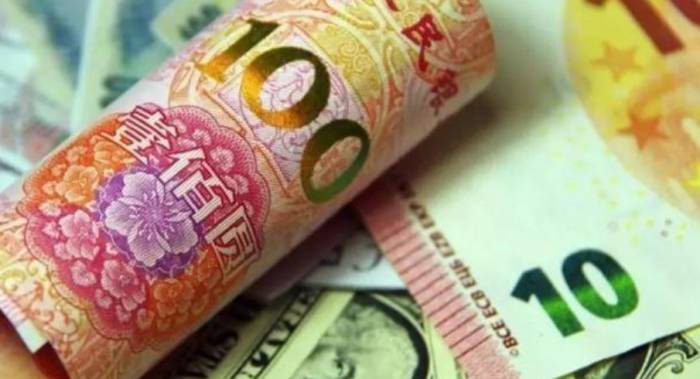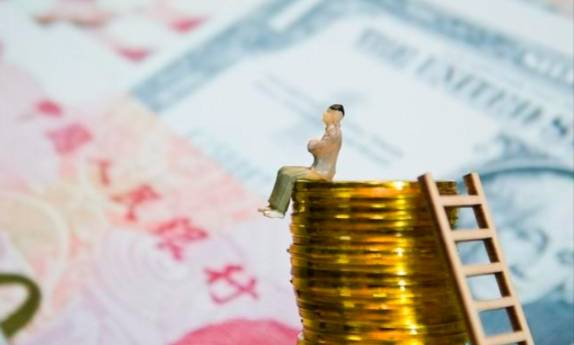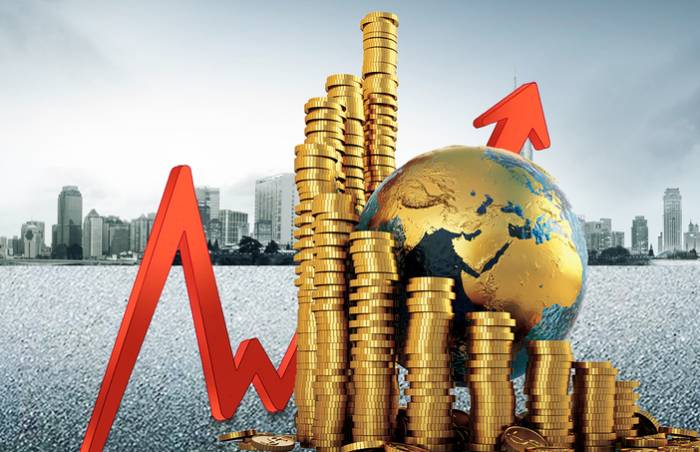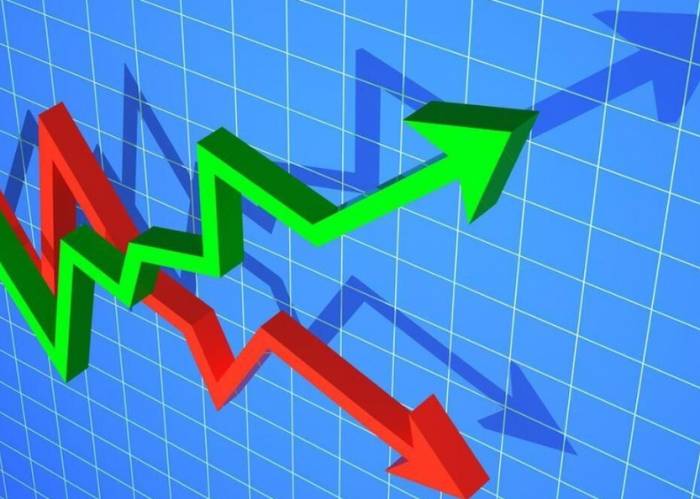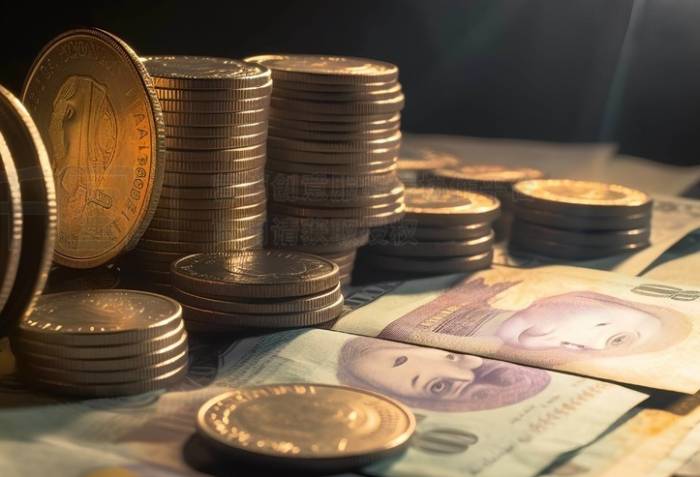01, US Stocks Plunge by 2,000 Points
The better-than-expected US inflation data only allowed US stocks to enjoy a brief period of revelry. After the interest rate hike, US stocks have experienced a noticeable decline.
As of the closing this morning, the three major US stock indexes have fallen for four consecutive trading days.
Among them, the Nasdaq index saw a larger drop, falling by 1.5%, and is now closed at 10,546. It is only a few hundred points away from the previous two lows, and it is very likely to set a new low this week.
The Dow Jones closed at 32,757 points, which is nearly 2,000 points lower than the highest of 34,712 five days ago.
In terms of annual percentage decline, the Dow Jones has fallen nearly 10%, the S&P 500 index has fallen nearly 20%, and the Nasdaq's current annual decline has exceeded 30%, reaching 32.6%, returning to the "10, 20, 30" ratio seen during the most severe declines.
02, Individual Stocks
Now, the market's focus on inflation is gradually shifting to concerns about a future economic recession.
Especially as Powell claims that efforts will continue to control inflation, it is expected that the Federal Reserve's interest rate hike pace will at least push interest rates above 5.1%. This means that on the current basis, the Federal Reserve still needs more than three rate hikes, each by 25 basis points, which will continue until the middle of next year.
Last night, almost all technology giant stocks fell across the board. META's decline exceeded 4%, Amazon's decline also exceeded 3%, Apple fell by 1.6%, Google fell by 2%, and Microsoft fell by 1.7%.The chip sector continues to decline, with Nvidia, AMD, and Qualcomm all falling by 1%, and GlobalFoundries Semiconductor falling by more than 3%.
New energy stocks are also falling, but Tesla's drop yesterday was only 0.24%, which is narrowing. NIO from China fell by 4.7%, Xiaopeng fell by 6.2%, and Li Auto fell by 2%.
Most Chinese concept stocks are falling, but education stocks have seen a significant increase, with New Oriental rising by 7.9%.
03, perhaps just taking the blame
After a year of acquisition bubble drama, Tesla CEO Musk finally successfully acquired Twitter and became its CEO.
Since then, he has been continuously promoting the restructuring of Twitter and implementing large-scale layoffs.
But recently he initiated a vote on Twitter, and surprisingly more than 50% of the voters chose to remove Musk from the CEO position.
If Musk resigns as he promised before, it would be a case of losing both the wife and the soldiers. He just handed over the down payment position, and now he has been removed from the position of Twitter CEO through a vote.
However, this may be good news for Tesla's stock price.
For some time, Tesla's stock price has fallen significantly from its high, which is also an important reason for Musk's slide from the position of the world's richest man. Investors believe that Musk's energy is hard to take care of both Tesla and Twitter.04, The Unintended Consequences of the Bill
However, if we do not confine our perspective solely to Tesla, we will notice that during this period, both American new energy vehicle stocks and chip stocks have experienced a decline that exceeds the overall market.
But it is quite coincidental that these two sectors are the ones that will receive substantial subsidies from the U.S. government after the passage of two bills in August this year.
In the chip plan, the semiconductor industry receives subsidies for investing in the establishment of factories in the United States. In the Inflation Reduction Act, the new energy industry can also receive substantial subsidies. However, the more subsidies are provided, the more the stock prices plummet.
On the other hand, the European semiconductor giant ASML announced further expansion of investment in South Korea; the American tech giant IBM announced cooperation with Japan to develop 2-nanometer chips; Tesla announced investment in new energy chip projects in China.
These pieces of news seem to indicate that the two U.S. plans and related subsidies cannot attract investments from industry giants, and even cause investors to be filled with anxiety about the stock price trends of related listed companies, leading to selling.
From these perspectives, the two U.S. bills may have already "failed."
The rise of the U.S. stock market over the past decade has been driven by tech giants and propelled by the excessive issuance of currency by the Federal Reserve. However, these two factors have now disappeared, making it hard to imagine that the U.S. can maintain a long-term upward trend in the future.





